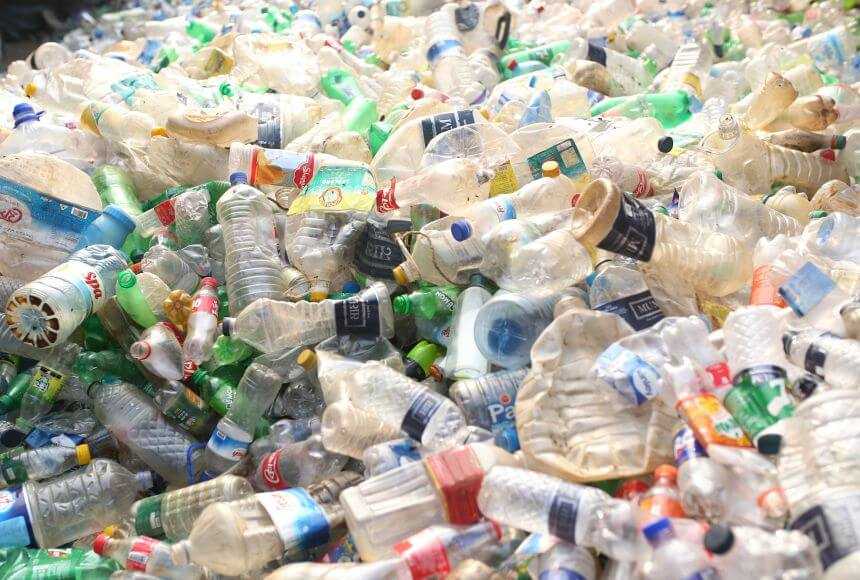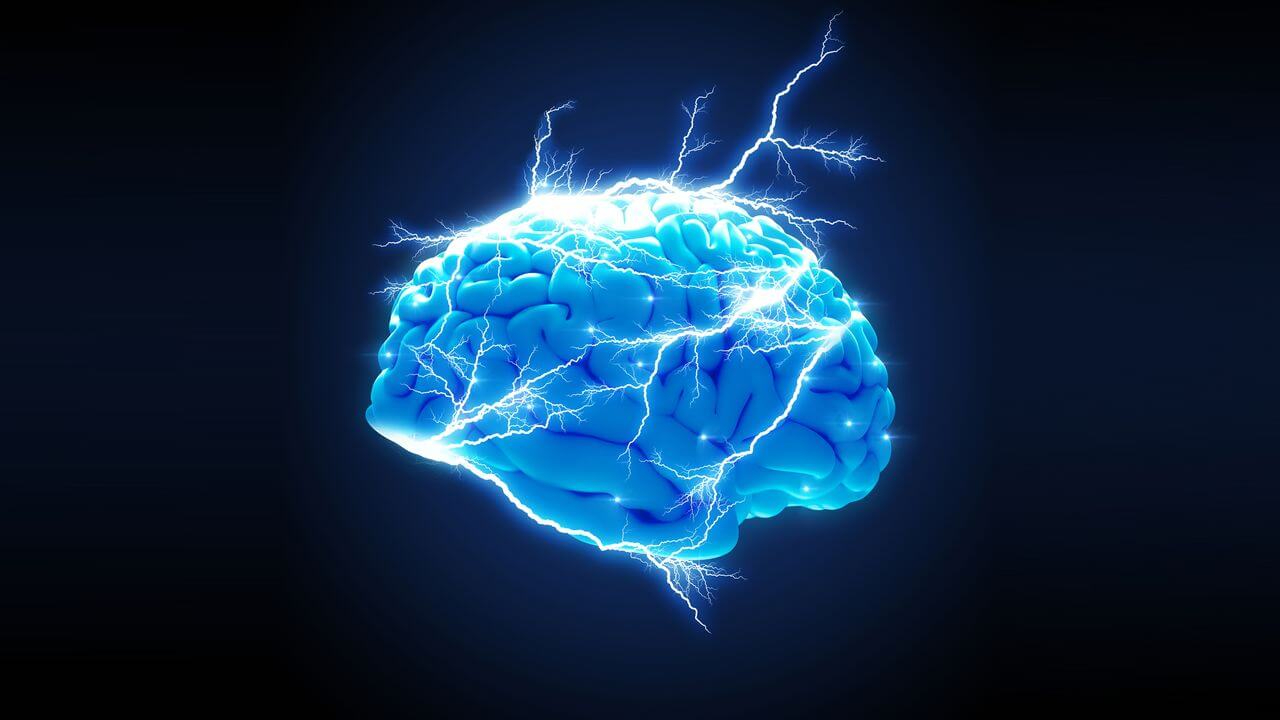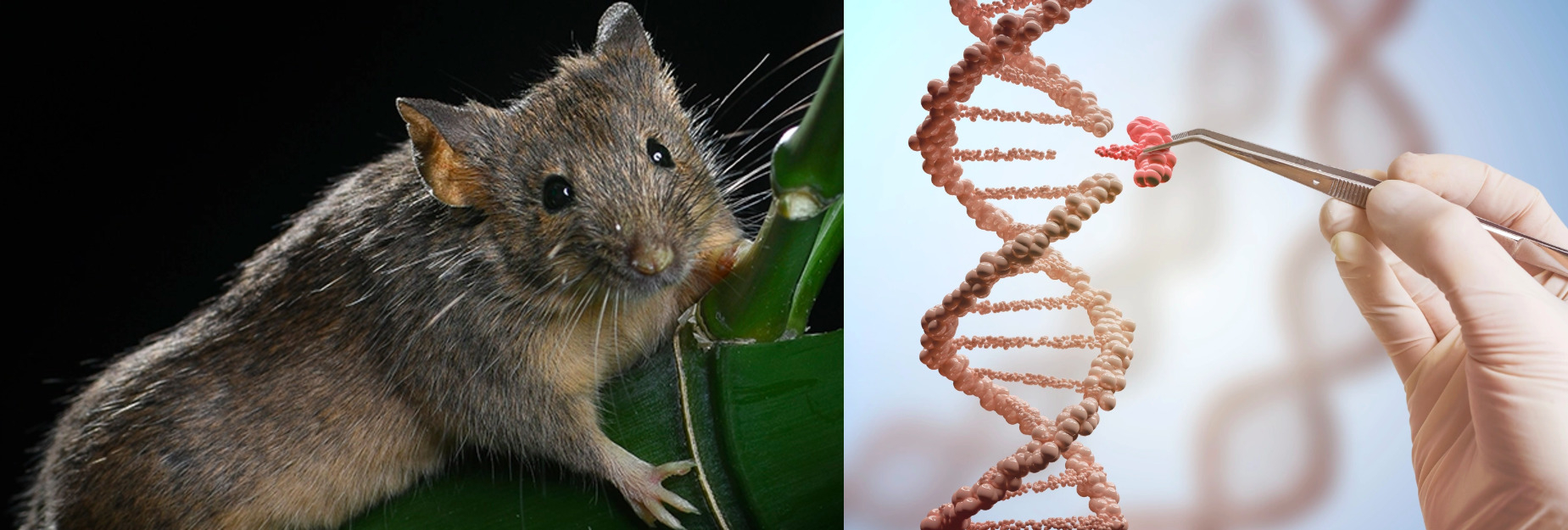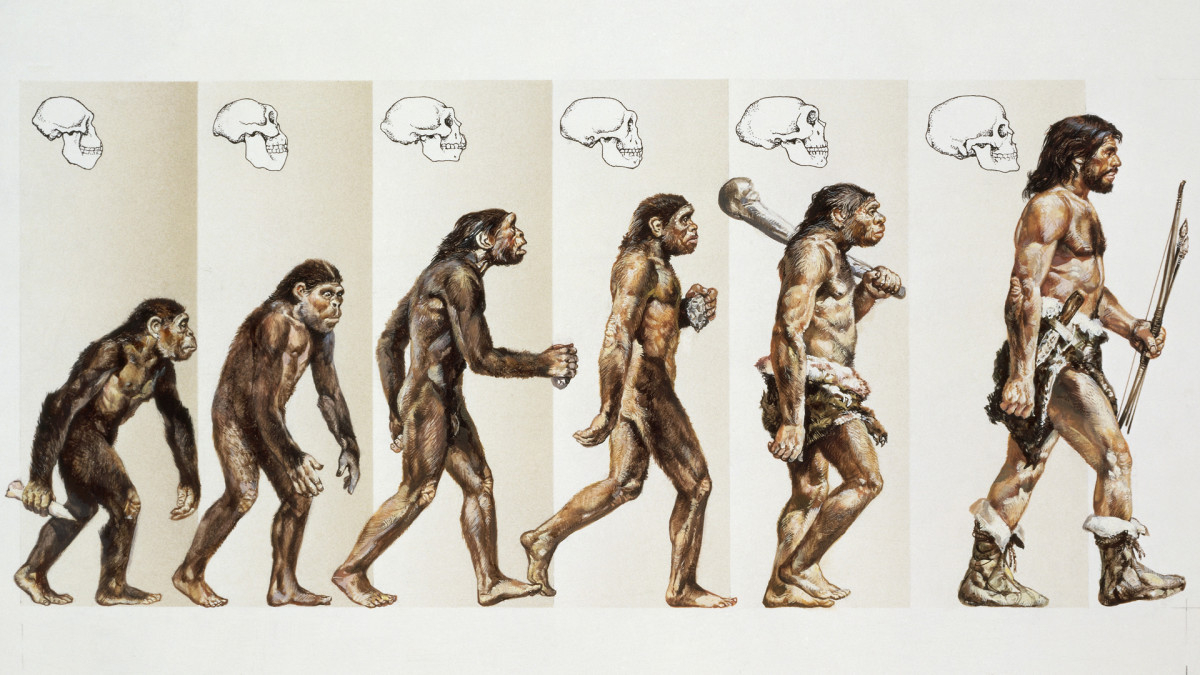Plastic: A girl’s best friend

Image: Rehman Asad/Getty
If The Weather Girls grew up on Uranus or Neptune, their hit song would’ve been titled: “It’s Raining Men Diamonds.” Or at least that was the prevailing theory – namely, that the atmospheric conditions of these icy planets means it literally rains diamonds.
And now, thanks to a study published this past Friday in the peer-reviewed journal Science Advances, we know two things…
- It does actually rain diamonds on Neptune and Uranus (and probably other ice giants, too).
- PET plastics – the same type found in water bottles, shampoo bottles, soda/pop bottles, lunch boxes, industrial equipment, product packaging, etc. etc. – can be turned into diamonds… using freakin’ laser beams.
🤔 That's right: The scientists conducting the experiment shot a laser beam at a sheet of PET plastic, briefly heating the material above 10,800°F. This generated a shock wave, exposing the plastic to similar extreme-pressure conditions as would be found on Uranus and Neptune. And voila!
- Out popped nanodiamonds, particles with the same chemical composition as diamonds but suuuuuper tiny (measuring only a few nanometers across).
💎👀 Looking ahead… If you’re looking to buy an engagement ring soon, collecting water bottles probably definitely isn’t the smartest way to go about it. But the study demonstrates a brand new – and frankly, much more controlled and efficient – way of producing nanodiamonds, which are currently used in quantum computing, as well as in the manufacture of abrasives and polishing agents.
And plus, PETs take anywhere from 10–1,000 years to naturally decompose. Meaning this development could also make Mother Earth much happier in the long run.
Share this!
Recent Science & Emerging Tech stories

Science & Emerging Tech
| September 2, 2022Do they make one of these for Netflix?
⚡️🧠 Addiction can be a cruel beast. But thanks to a first-of-its-kind deep brain stimulation (DBS) study published in Nature Medicine on Monday, we have more information about the brain’s response to addiction – and the beginnings of a method to potentially stop it.

Science & Emerging Tech
| September 1, 2022Of mice and men
🧑🔬🧬 A team of Chinese scientists successfully created the world’s first mammal with fully reprogrammed genes, a mouse called Xiao Zhu or "Little Bamboo," per a new peer-reviewed study published in Science.

Science & Emerging Tech
| August 30, 2022Humans, a history
🧍 Ancient human ancestors were walking upright as early as 7 million years ago, per new peer-reviewed research published last week in Nature, which implies that bipedalism was one of the first traits separating early humans from chimpanzees.
You've made it this far...
Let's make our relationship official, no 💍 or elaborate proposal required. Learn and stay entertained, for free.👇
All of our news is 100% free and you can unsubscribe anytime; the quiz takes ~10 seconds to complete